Moody’s upgrades Nigeria’s credit rating to B3 amid economic reforms
Moody’s has raised Nigeria’s sovereign credit rating from Caa1 to B3, indicating a boost in confidence regarding the nation's economic trajectory.
The agency credited the upgrade to notable enhancements in Nigeria’s external and fiscal positions, primarily due to recent reforms in foreign exchange management that have improved the balance of payments.
Moody’s also highlighted structural adjustments—like subsidy reforms and initiatives to increase non-oil revenue—as essential measures for achieving long-term fiscal sustainability.
“The recent revamp of Nigeria’s foreign exchange management system has significantly strengthened the balance of payments and enhanced the CBN’s (Central Bank of Nigeria) foreign exchange reserves,” stated Moody’s.
In addition to the rating upgrade, Moody’s has revised Nigeria’s economic outlook from positive to stable.
The agency anticipates further enhancements in Nigeria’s external accounts and fiscal condition, but warns that progress might be gradual—particularly if global oil prices fall.
“The stable outlook reflects our projections that improvements in external and fiscal areas will slow down but will not completely reverse,” remarked Moody’s.
A significant element in Moody’s decision is Nigeria’s efforts in tackling inflationary risks. Even though earlier policy changes led to inflationary pressures, recent economic actions have stabilized both borrowing costs and the rate of price growth.
In April, Fitch Ratings changed Nigeria’s outlook from Negative to Stable, indicating rising confidence in the Tinubu administration’s dedication to comprehensive policy reforms.
While Nigeria’s long-term foreign currency rating remains at ‘B’, Fitch observed that reforms implemented since mid-2023—such as the liberalization of exchange rates, stricter monetary policies, the removal of fuel subsidies, and an end to deficit monetization—are starting to produce positive outcomes.
These actions have bolstered macroeconomic credibility, minimized structural distortions, and enhanced the country's resilience against external shocks.
“We are witnessing clear indications of a stronger commitment to market-oriented reforms under President Tinubu’s leadership,” Fitch indicated. “Although hurdles persist, Nigeria’s path has moved towards stability and increased investor confidence.”

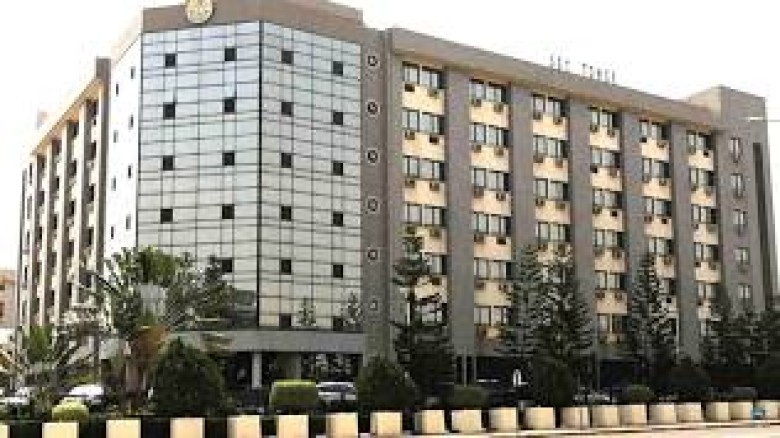
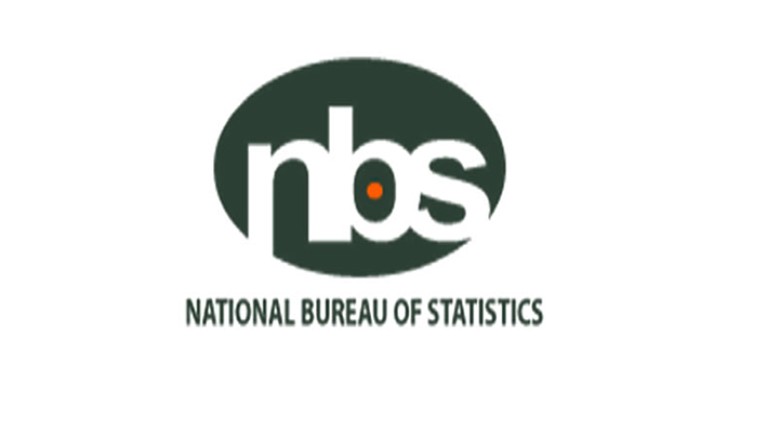
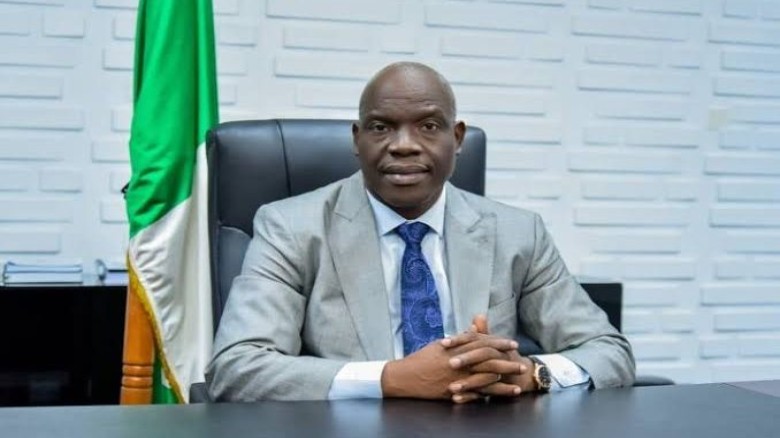


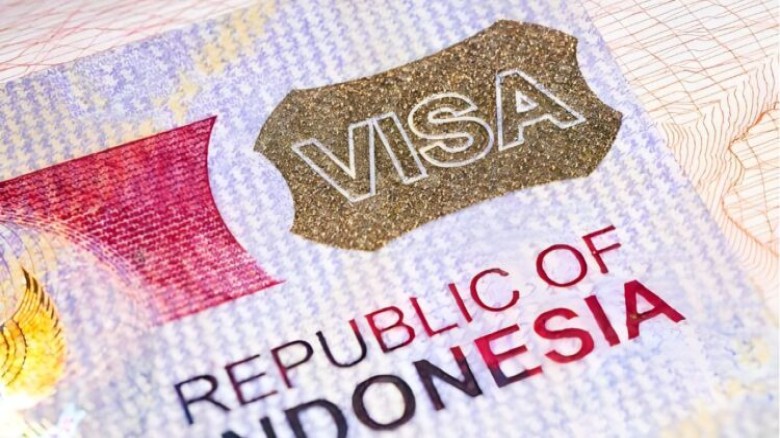










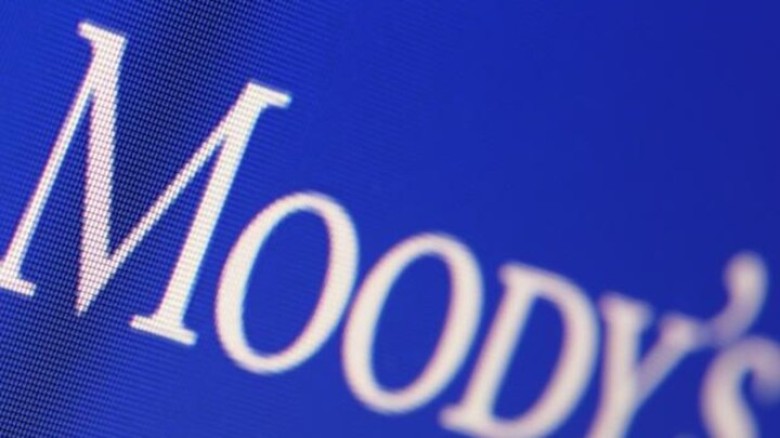






Leave A Comment